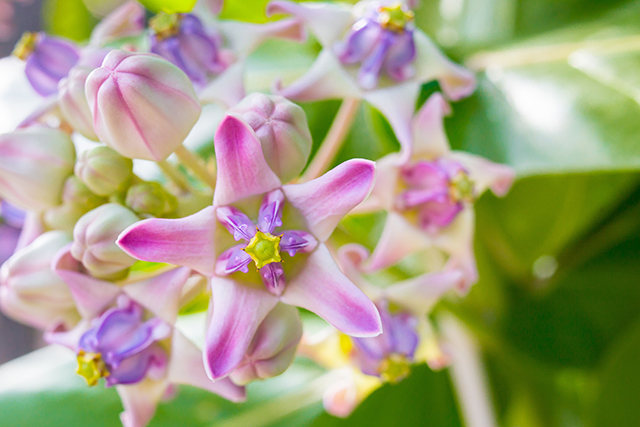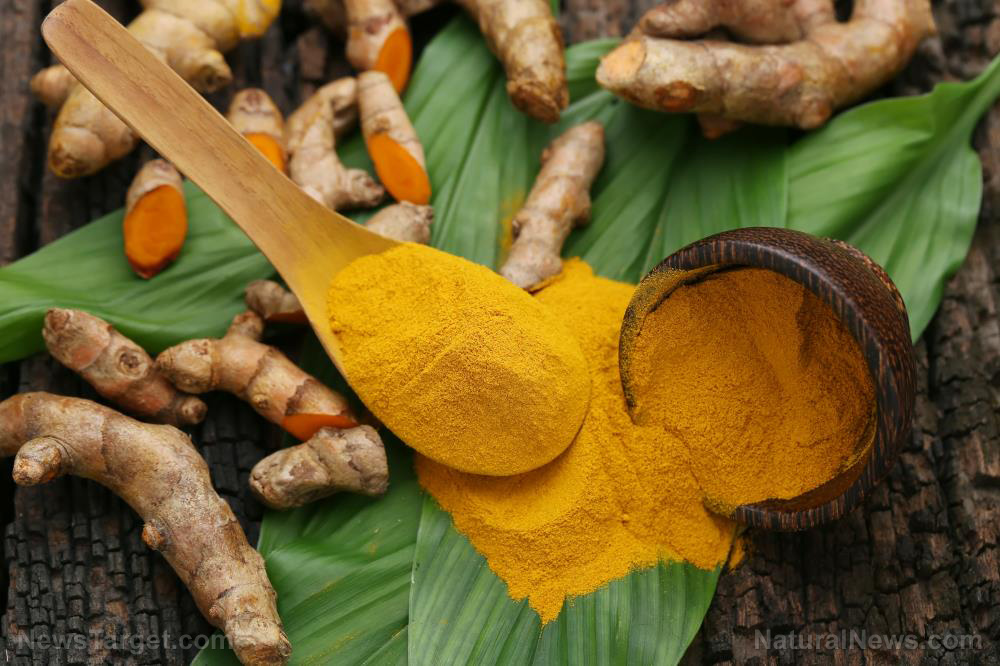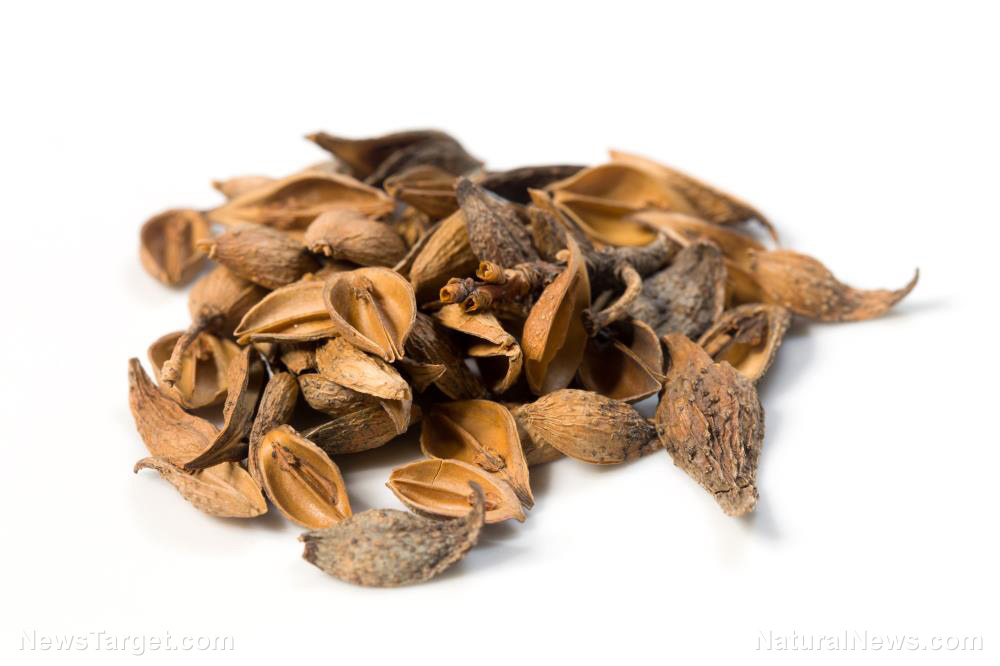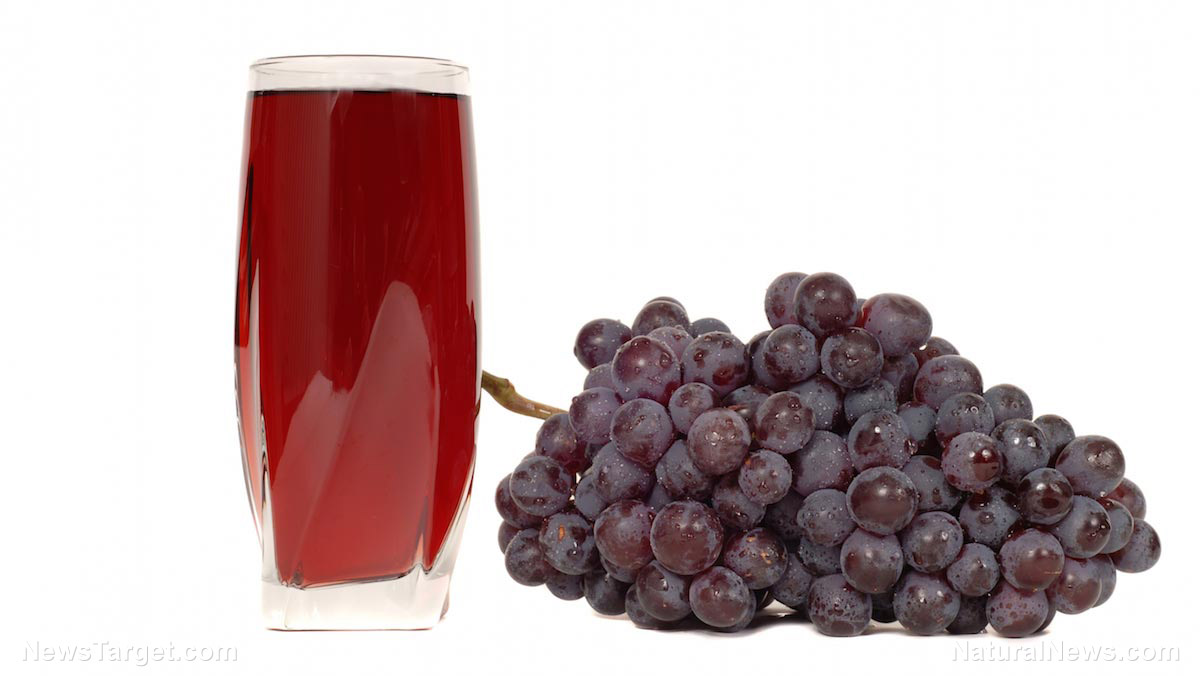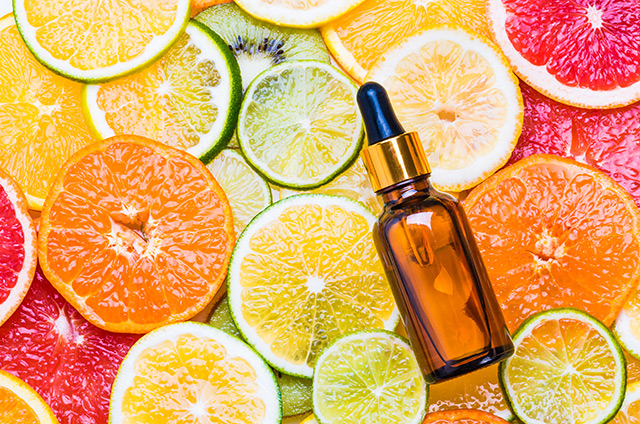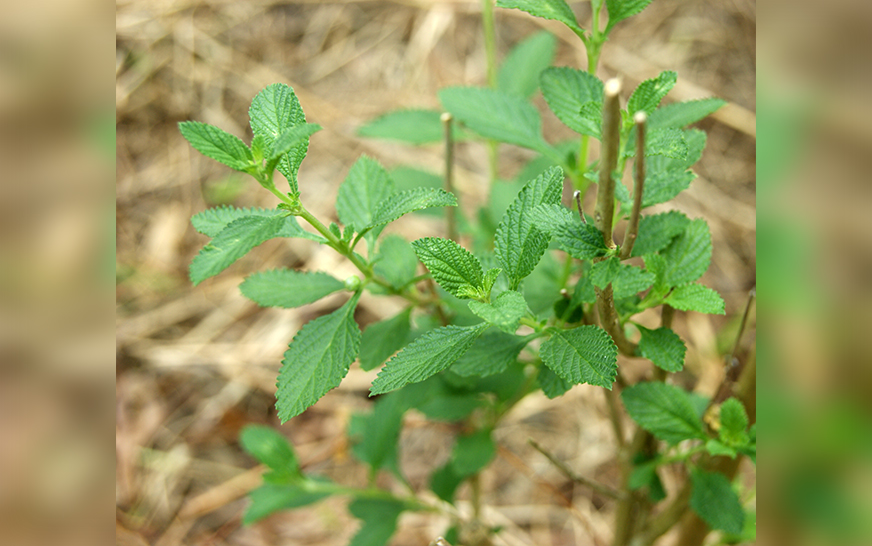Natural treatment for ADHD: Saffron may be as effective as medical stimulants
05/29/2019 / By Ethan Huff
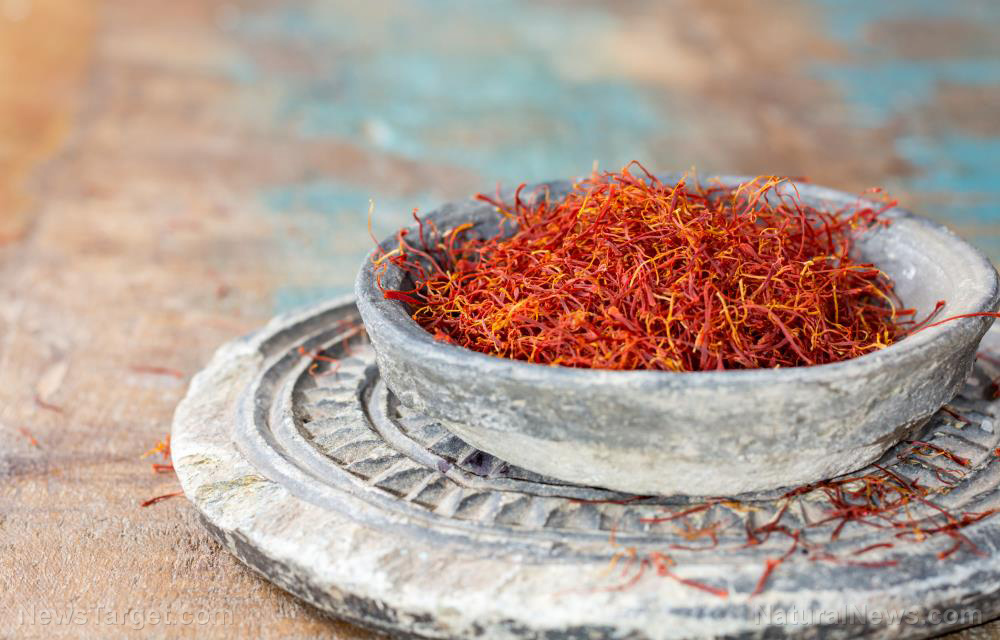
If you or a loved one suffers from attention deficit hyperactivity disorder (ADHD), or perhaps some undiagnosed variation of such that simply makes it difficult to focus on the task at hand, don’t reach for the Ritalin just yet.
New research out of Iran suggests that saffron (Crocus sativus L.), one of the world’s most intriguing medicinal spices, works just as effectively as, if not better than, the many FDA-approved methamphetamine pharmaceuticals peddled by Big Pharma as “legal” treatment.
For their research, Drs. Sara Baziar, M.D., and Ali Aqamolaei, M.D., of Tehran University of Medical Sciences looked at 54 ADHD-diagnosed children and teenagers ranging in age from 6-17, all of whom were instructed to take either saffron or methylphenidate (Ritalin) for six weeks. At the end of this evaluation period, Drs. Baziar and Aqamolaei evaluated the participants to see which treatment worked more effectively.
Publishing their findings in the Journal of Child and Adolescent Psychopharmacology, a peer-reviewed journal published by Mary Ann Liebert, Inc., the duo found that there was no significant difference in outcomes between the children and teenagers who took saffron compared to those who took Ritalin, which suggests that saffron might be a safer and more natural alternative treatment for ADHD.
“This is a very interesting study and an intriguing finding,” commented Harold S. Koplewicz, M.D., the Editor-in-Chief of the Journal of Child and Adolescent Psychopharmacology, and President of the Child Mind Institute in New York.
“It is worthy of replication and further study to understand the mechanism of action,” he added.
For more stories like this one that cover the healing properties of natural herbs and spices, be sure to check out NaturalCures.news.
Science has shown that saffron also works against anxiety and depression, which often accompany ADHD
Saffron has similarly been shown to be a powerful remedy against anxiety, a co-morbid condition that reportedly afflicts some 60 percent of people who’ve been diagnosed with ADHD.
According to Dr. Timothy J. Legg, Ph.D., CRNP, as many as 30 percent of children with ADHD also have an anxiety disorder, while as many as 50 percent of adults suffer from both conditions. And the good news is that saffron has been shown to help lift one’s mood and improve overall mental health.
In Traditional Chinese Medicine (TCM), saffron is referred to as fan hong hua, and is commonly used as a natural remedy for depression – a simple tea made from saffron being a quintessential Chinese folk therapy for lifting one’s spirits and calming the nerves.
A double-blind study comparing saffron to imipramine (Tofranil) and fluoxetine (Prozac), two common depression pharmaceuticals, revealed that saffron works the same or better than these drugs, without all of the harmful side effects.
In another related study, an extract made from saffron petals was shown to help reduce symptoms of mild depression after just one week of use – again with no harmful side effects.
One thing to keep in mind, should you decide to try all-natural saffron, is that because saffron is a somewhat expensive herb, there are many impostors out there. For some helpful tips about how to ensure that you’re buying real medicinal saffron, visit this link.
“Though the mechanism(s) of action responsible for beneficial effects of saffron have not been clearly established they may involve dopamine and norepinephrine and possibly also GABA, the brain’s principal inhibitory neurotransmitter,” writes Dr. James Lake, M.D., for Psychology Today.
“More studies are needed to confirm these findings and determine optimal dosing strategies,” he adds.
To keep up with the latest news about nature’s medicine cabinet, be sure to check out NaturalMedicine.news.
Sources for this article include:
Tagged Under: adhd, Anxiety, Crocus sativus L., depression, fan hong hua, fluoxetine, herb, Herbs, imipramine, Iran, mental health, Methylphenidate, Natural, natural medicine, Prozac, remedies, research, ritalin, saffron, spice, TCM, Tofranil
RECENT NEWS & ARTICLES
COPYRIGHT © 2017 ALTERNATIVE MEDICINE NEWS




